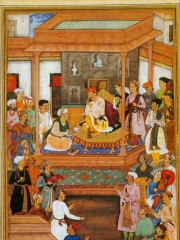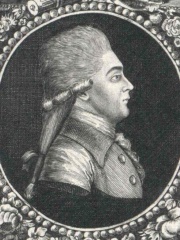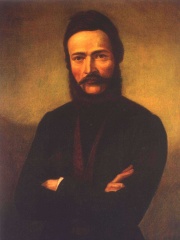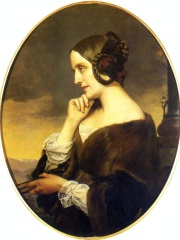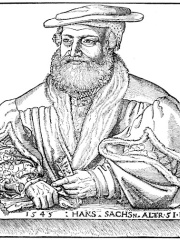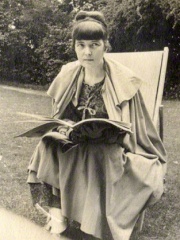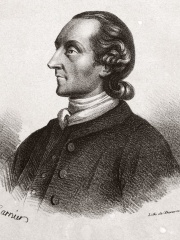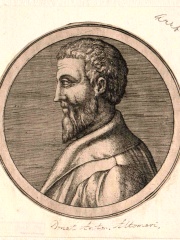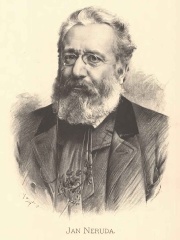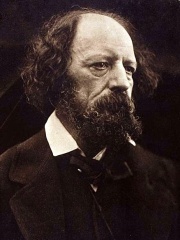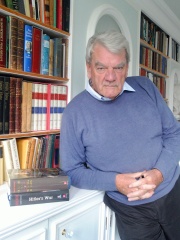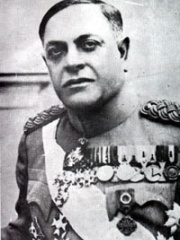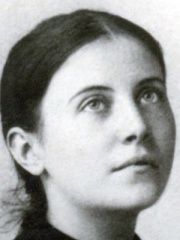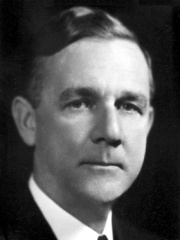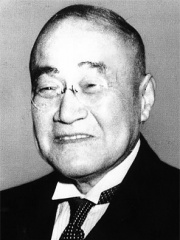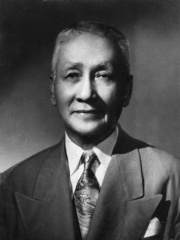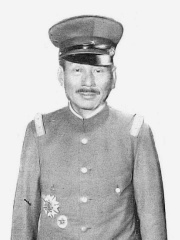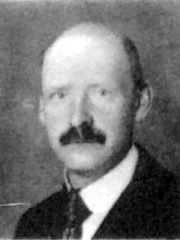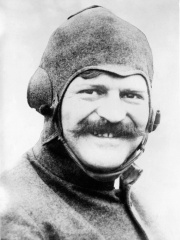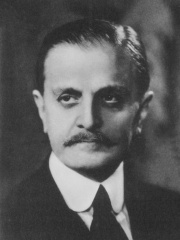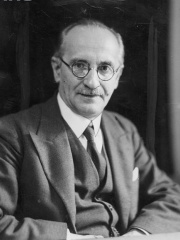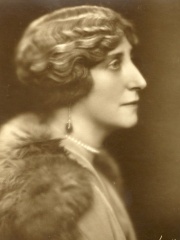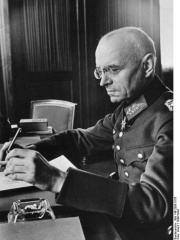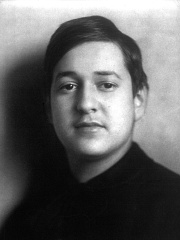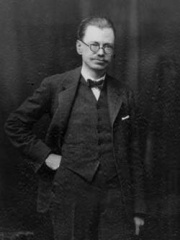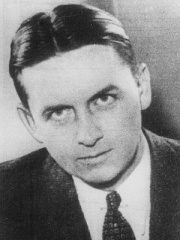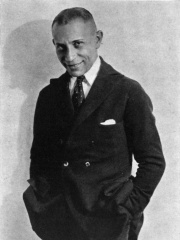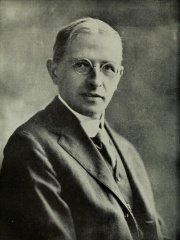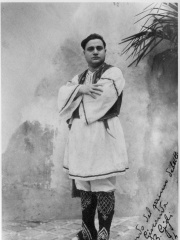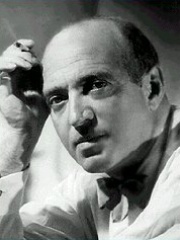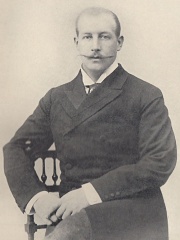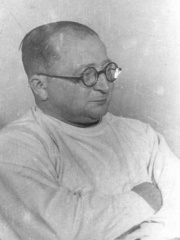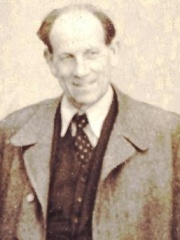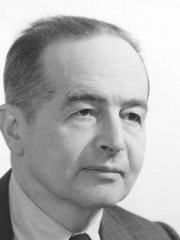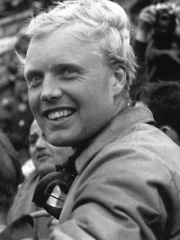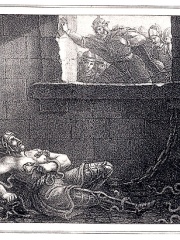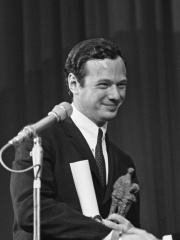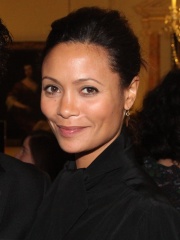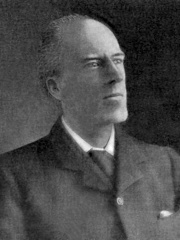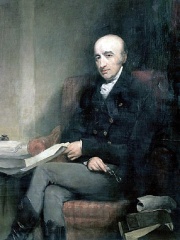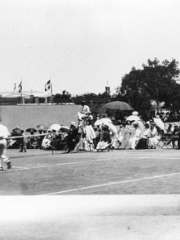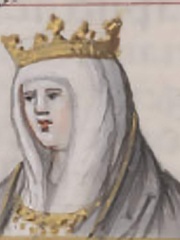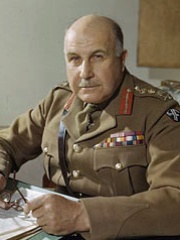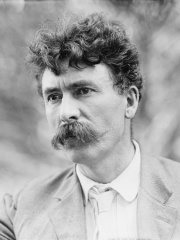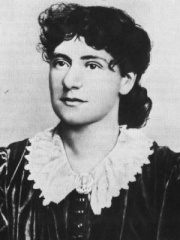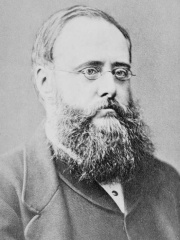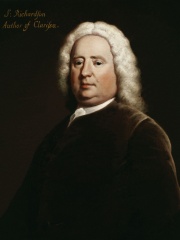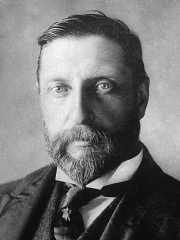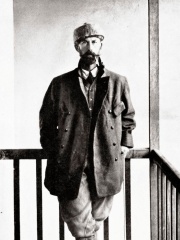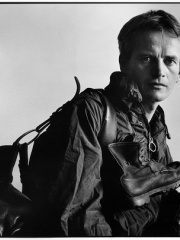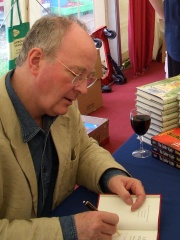WRITER
Edward Plunkett, 18th Baron of Dunsany
1878 - 1957

 Edward Plunkett, 18th Baron of Dunsany
Edward Plunkett, 18th Baron of Dunsany
Edward John Moreton Drax Plunkett, 18th Baron Dunsany (; 24 July 1878 – 25 October 1957), commonly known as Lord Dunsany, was an Anglo-Irish writer and dramatist. He published more than 90 books during his lifetime, and his output consisted of hundreds of short stories, plays, novels, and essays; further works were published posthumously. Having gained a name in the 1910s as a writer in the English-speaking world, he is best known today for the 1924 fantasy novel The King of Elfland's Daughter, and his first book, The Gods of Pegāna, which depicts a fictional pantheon. Many critics feel his early work laid grounds for the fantasy genre. Read more on Wikipedia
His biography is available in 28 different languages on Wikipedia (up from 25 in 2024). Edward Plunkett, 18th Baron of Dunsany is the 930th most popular writer (up from 2,513th in 2024), the 870th most popular biography from United Kingdom (up from 1,855th in 2019) and the 93rd most popular British Writer.
Memorability Metrics
Page views of Edward Plunkett, 18th Baron of Dunsany by language
Among WRITERS
Among writers, Edward Plunkett, 18th Baron of Dunsany ranks 930 out of 7,302. Before him are Abu'l-Fazl ibn Mubarak, Emanuel Schikaneder, Aristophanes of Byzantium, Ľudovít Štúr, Marie d'Agoult, and Hans Sachs. After him are Katherine Mansfield, Johann Kaspar Lavater, Aelius Donatus, Jan Neruda, Alfred, Lord Tennyson, and David Irving.
Most Popular Writers in Wikipedia
Go to all RankingsAbu'l-Fazl ibn Mubarak
1551 - 1602
HPI: 68.58
Rank: 924
Emanuel Schikaneder
1751 - 1812
HPI: 68.58
Rank: 925
Aristophanes of Byzantium
257 BC - 180 BC
HPI: 68.58
Rank: 926
Ľudovít Štúr
1815 - 1856
HPI: 68.58
Rank: 927
Marie d'Agoult
1805 - 1876
HPI: 68.56
Rank: 928
Hans Sachs
1494 - 1576
HPI: 68.56
Rank: 929
Edward Plunkett, 18th Baron of Dunsany
1878 - 1957
HPI: 68.56
Rank: 930
Katherine Mansfield
1888 - 1923
HPI: 68.56
Rank: 931
Johann Kaspar Lavater
1741 - 1801
HPI: 68.56
Rank: 932
Aelius Donatus
320 - 380
HPI: 68.54
Rank: 933
Jan Neruda
1834 - 1891
HPI: 68.54
Rank: 934
Alfred, Lord Tennyson
1809 - 1892
HPI: 68.54
Rank: 935
David Irving
1938 - Present
HPI: 68.54
Rank: 936
Contemporaries
Among people born in 1878, Edward Plunkett, 18th Baron of Dunsany ranks 26. Before him are Milan Nedić, Gemma Galgani, George Whipple, Shigeru Yoshida, Sergio Osmeña, and Iwane Matsui. After him are Gustav Radbruch, Louis Chevrolet, Carlos Saavedra Lamas, Jan Łukasiewicz, Princess Ingeborg of Denmark, and Alexander von Falkenhausen. Among people deceased in 1957, Edward Plunkett, 18th Baron of Dunsany ranks 40. Before him are Erich Wolfgang Korngold, V. Gordon Childe, Eliot Ness, Erich von Stroheim, Aga Khan III, and Henry Norris Russell. After him are Beniamino Gigli, Max Ophüls, Prince George of Greece and Denmark, Carl Clauberg, Antonín Zápotocký, and Erich Auerbach.
Others Born in 1878
Go to all RankingsMilan Nedić
POLITICIAN
1878 - 1946
HPI: 69.98
Rank: 20
Gemma Galgani
RELIGIOUS FIGURE
1878 - 1903
HPI: 69.83
Rank: 21
George Whipple
PHYSICIAN
1878 - 1976
HPI: 69.60
Rank: 22
Shigeru Yoshida
POLITICIAN
1878 - 1967
HPI: 69.35
Rank: 23
Sergio Osmeña
POLITICIAN
1878 - 1961
HPI: 69.13
Rank: 24
Iwane Matsui
MILITARY PERSONNEL
1878 - 1948
HPI: 68.57
Rank: 25
Edward Plunkett, 18th Baron of Dunsany
WRITER
1878 - 1957
HPI: 68.56
Rank: 26
Gustav Radbruch
POLITICIAN
1878 - 1949
HPI: 68.08
Rank: 27
Louis Chevrolet
BUSINESSPERSON
1878 - 1941
HPI: 68.03
Rank: 28
Carlos Saavedra Lamas
POLITICIAN
1878 - 1959
HPI: 67.93
Rank: 29
Jan Łukasiewicz
MATHEMATICIAN
1878 - 1956
HPI: 67.53
Rank: 30
Princess Ingeborg of Denmark
NOBLEMAN
1878 - 1958
HPI: 67.52
Rank: 31
Alexander von Falkenhausen
MILITARY PERSONNEL
1878 - 1966
HPI: 67.28
Rank: 32
Others Deceased in 1957
Go to all RankingsErich Wolfgang Korngold
COMPOSER
1897 - 1957
HPI: 69.27
Rank: 34
V. Gordon Childe
ARCHAEOLOGIST
1892 - 1957
HPI: 68.96
Rank: 35
Eliot Ness
POLITICIAN
1903 - 1957
HPI: 68.89
Rank: 36
Erich von Stroheim
FILM DIRECTOR
1885 - 1957
HPI: 68.78
Rank: 37
Aga Khan III
POLITICIAN
1877 - 1957
HPI: 68.62
Rank: 38
Henry Norris Russell
ASTRONOMER
1877 - 1957
HPI: 68.58
Rank: 39
Edward Plunkett, 18th Baron of Dunsany
WRITER
1878 - 1957
HPI: 68.56
Rank: 40
Beniamino Gigli
SINGER
1890 - 1957
HPI: 68.47
Rank: 41
Max Ophüls
FILM DIRECTOR
1902 - 1957
HPI: 68.15
Rank: 42
Prince George of Greece and Denmark
POLITICIAN
1869 - 1957
HPI: 67.94
Rank: 43
Carl Clauberg
POLITICIAN
1898 - 1957
HPI: 67.64
Rank: 44
Antonín Zápotocký
POLITICIAN
1884 - 1957
HPI: 67.39
Rank: 45
Erich Auerbach
HISTORIAN
1892 - 1957
HPI: 67.32
Rank: 46
In United Kingdom
Among people born in United Kingdom, Edward Plunkett, 18th Baron of Dunsany ranks 870 out of 8,785. Before him are Mike Hawthorn (1929), Ælla of Northumbria (800), Brian Epstein (1934), Thandie Newton (1972), Jude Law (1972), and Karl Pearson (1857). After him are William Hyde Wollaston (1766), John Paul Jones (1946), Princess Muna al-Hussein (1941), Dionysios Kasdaglis (1872), Catherine of Lancaster (1373), and Henry Maitland Wilson (1881).
Others born in United Kingdom
Go to all RankingsMike Hawthorn
RACING DRIVER
1929 - 1959
HPI: 68.57
Rank: 864
Ælla of Northumbria
POLITICIAN
800 - 867
HPI: 68.57
Rank: 865
Brian Epstein
BUSINESSPERSON
1934 - 1967
HPI: 68.57
Rank: 866
Thandie Newton
ACTOR
1972 - Present
HPI: 68.57
Rank: 867
Jude Law
ACTOR
1972 - Present
HPI: 68.56
Rank: 868
Karl Pearson
STATISTICIAN
1857 - 1936
HPI: 68.56
Rank: 869
Edward Plunkett, 18th Baron of Dunsany
WRITER
1878 - 1957
HPI: 68.56
Rank: 870
William Hyde Wollaston
CHEMIST
1766 - 1828
HPI: 68.56
Rank: 871
John Paul Jones
MUSICIAN
1946 - Present
HPI: 68.56
Rank: 872
Princess Muna al-Hussein
POLITICIAN
1941 - Present
HPI: 68.55
Rank: 873
Dionysios Kasdaglis
POLITICIAN
1872 - 1931
HPI: 68.55
Rank: 874
Catherine of Lancaster
COMPANION
1373 - 1418
HPI: 68.54
Rank: 875
Henry Maitland Wilson
MILITARY PERSONNEL
1881 - 1964
HPI: 68.54
Rank: 876
Among WRITERS In United Kingdom
Among writers born in United Kingdom, Edward Plunkett, 18th Baron of Dunsany ranks 93. Before him are Ernest Thompson Seton (1860), Eleanor Marx (1855), Wilkie Collins (1824), Samuel Richardson (1689), H. Rider Haggard (1856), and Christopher Tolkien (1924). After him are Alfred, Lord Tennyson (1809), David Irving (1938), Percy Fawcett (1867), Samuel Butler (1612), Bruce Chatwin (1940), and Philip Pullman (1946).
Ernest Thompson Seton
1860 - 1946
HPI: 68.77
Rank: 87
Eleanor Marx
1855 - 1898
HPI: 68.76
Rank: 88
Wilkie Collins
1824 - 1889
HPI: 68.76
Rank: 89
Samuel Richardson
1689 - 1761
HPI: 68.72
Rank: 90
H. Rider Haggard
1856 - 1925
HPI: 68.70
Rank: 91
Christopher Tolkien
1924 - 2020
HPI: 68.62
Rank: 92
Edward Plunkett, 18th Baron of Dunsany
1878 - 1957
HPI: 68.56
Rank: 93
Alfred, Lord Tennyson
1809 - 1892
HPI: 68.54
Rank: 94
David Irving
1938 - Present
HPI: 68.54
Rank: 95
Percy Fawcett
1867 - 1925
HPI: 68.49
Rank: 96
Samuel Butler
1612 - 1680
HPI: 68.47
Rank: 97
Bruce Chatwin
1940 - 1989
HPI: 68.28
Rank: 98
Philip Pullman
1946 - Present
HPI: 68.28
Rank: 99
